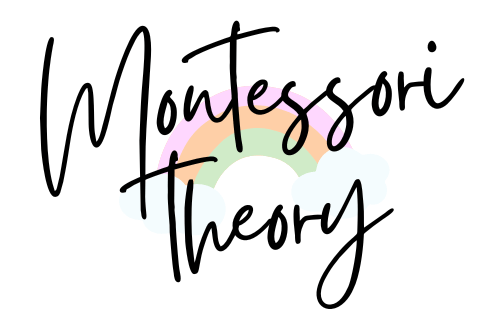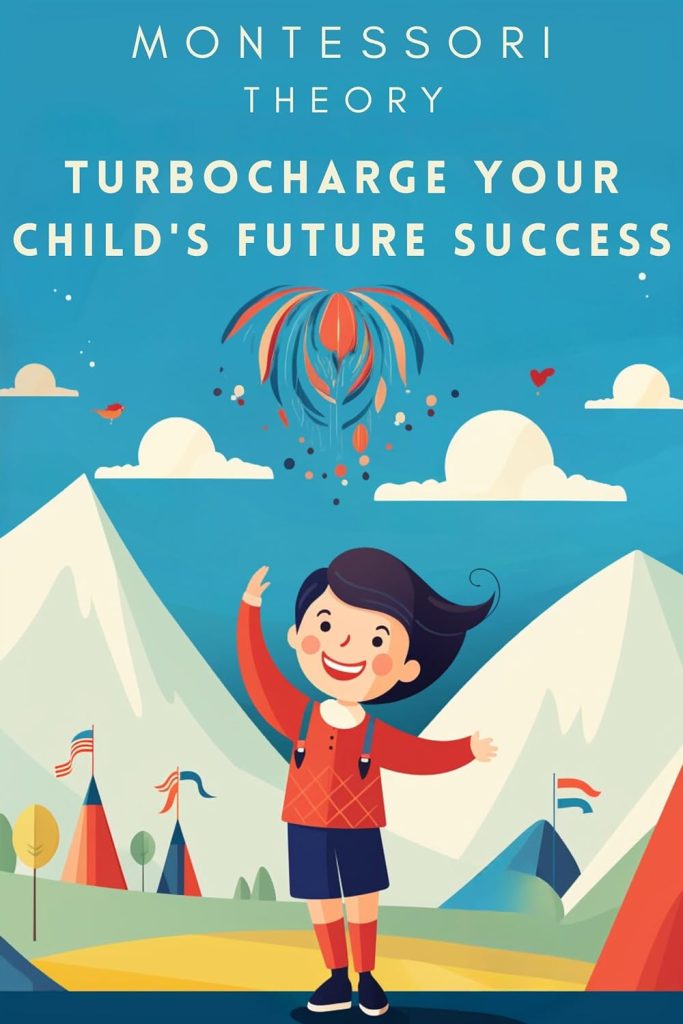Holistic education is an approach that seeks to address the full development of a child, encompassing not only intellectual growth but also emotional, social, physical, and spiritual dimensions. In the context of Montessori education, holistic development is a core principle, with the belief that education should foster not just academic competencies but also cultivate a child’s independence, empathy, creativity, and connection to the world. Montessori environments are designed to support the whole child, offering diverse learning experiences that cater to individual interests and developmental stages.
Montessori education emphasizes the interconnectedness of all learning areas, integrating subjects in a way that reflects the real world. For example, a study of botany may include scientific observation, artistic expression, mathematical measurement, and language skills, providing a rich, multidimensional learning experience. The prepared environment and Montessori materials encourage exploration, discovery, and collaboration, fostering a love of learning and respect for all living things.
Holistic education in Montessori settings nurtures self-awareness and social responsibility, guiding children to become thoughtful, compassionate individuals who understand their role in the larger community and the environment. By addressing the intellectual, emotional, and ethical dimensions of learning, Montessori education prepares children for a lifetime of personal fulfillment and active, engaged citizenship.

